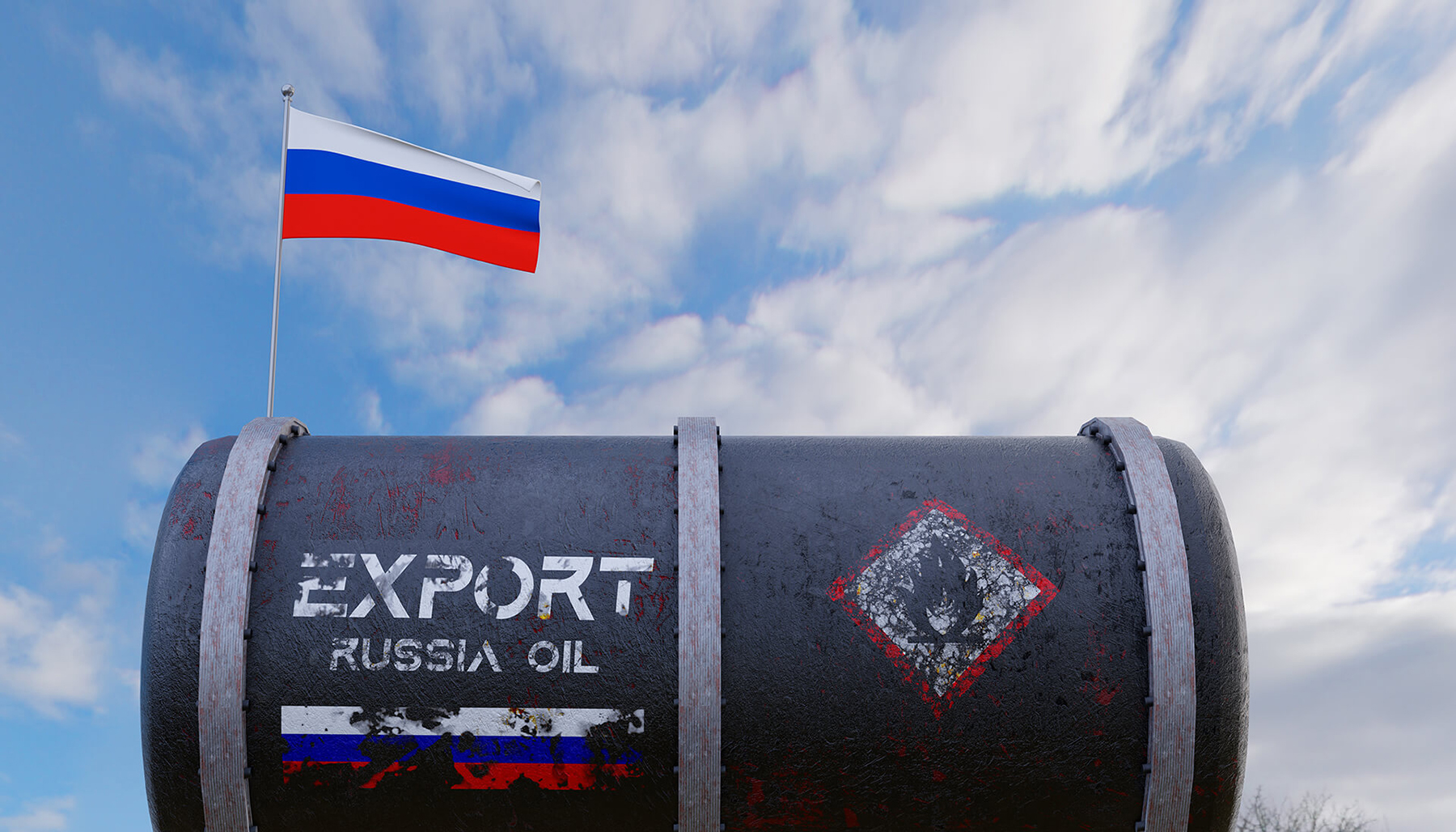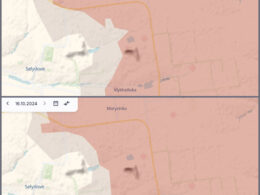The US Department of the Treasury announced a comprehensive set of sanctions targeting Russia's energy sector and oil trade networks, marking a coordinated effort with the United Kingdom to restrict Russia's primary revenue source for funding its military operations in Ukraine.
This action also addresses the growing challenge of sanctions evasion through shadow fleets and opaque trading networks that have enabled Russia to continue profiting from oil sales despite existing restrictions.
"The United States is taking sweeping action against Russia's key source of revenue for funding its brutal and illegal war against Ukraine," Treasury Secretary Janet L. Yellen said in the announcement.
According to the Treasury, the sanctions block two major Russian oil producers, Gazprom Neft and Surgutneftegas, along with more than two dozen of their subsidiaries.
The UK Government reported that the two companies collectively produce more than 1 million barrels of oil per day, generating approximately $23 billion annually at current prices. This revenue stream exceeds Jamaica's GDP.
The measures extend to 183 vessels, primarily oil tankers that are part of Russia’s “shadow fleet,” which allows Russia to continue exporting oil covertly, undermining international sanctions. Several of these vessels have transported both Russian and Iranian oil.
The UK Government noted that last month, it sanctioned 20 additional ships responsible for transporting over 4 million barrels of Russian oil in 2024, bringing the total number of sanctioned vessels to 93.
The sanctions specifically target companies established after Russia's full-scale invasion of Ukraine that quickly began moving hundreds of millions of dollars worth of Russian oil. One notable example is the UAE-based Black Pearl Energy Trading LLC, which has sold more than $2 billion worth of Russian crude oil and oil products since 2023.
Starting on 27 February, the US also prohibits its companies from providing petroleum services to entities in Russia, effectively cutting off access to crucial US technical expertise and equipment needed for oil extraction and production.
The measures also target the maritime infrastructure supporting Russian oil exports. The Treasury reports sanctioning two Russia-based maritime insurance providers, Ingosstrakh Insurance Company and Alfastrakhovanie Group, previously sanctioned by the UK.
The sanctions require all property and interests in property of designated persons that are in the United States or in the possession of US persons to be blocked and reported.
In parallel action, the Department of State is blocking two liquefied natural gas projects and a large Russian oil project while also designating multiple Russia-based oilfield service providers and senior officials of State Atomic Energy Corporation Rosatom, the Treasury reports.
Additionally, foreign financial institutions conducting significant transactions involving Russia's military-industrial base, including blocked persons, risk being sanctioned.
The Department of State is simultaneously taking steps to reduce Russia's energy revenues by blocking two active liquefied natural gas projects, a large Russian oil project, and third-country entities supporting Russia's energy exports.
More than 30 Russia-based oilfield service providers and over a dozen leading Russian energy officials and executives are included in the sanctions.
These actions build on the G7+ price cap launched in 2022, which set a $60 ceiling on Russian oil prices. The Treasury states that today's sanctions substantially increase the risks associated with the Russian oil trade, including shipping and financial facilitation of Russia's oil exports.
Related:
- Exports of Russian oil via shadow fleet nearly doubled in past year
- Czech Republic spends over $8 billion on Russian oil and gas
- Sanctions loophole allows continued Russian oil profits, study finds
- Swedish navy recovers Russian shadow fleet tanker’s anchor in Finnish Gulf cable damage case
- Britain imposes largest sanctions package against Russia’s shadow fleet





